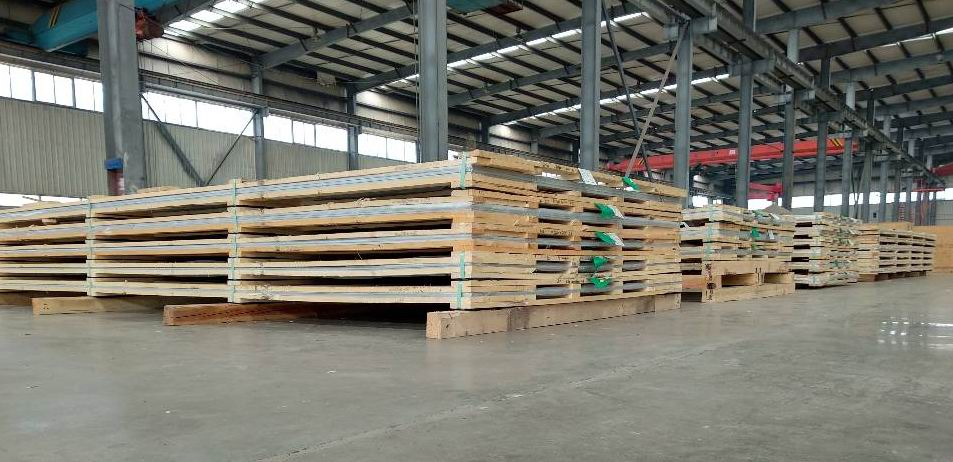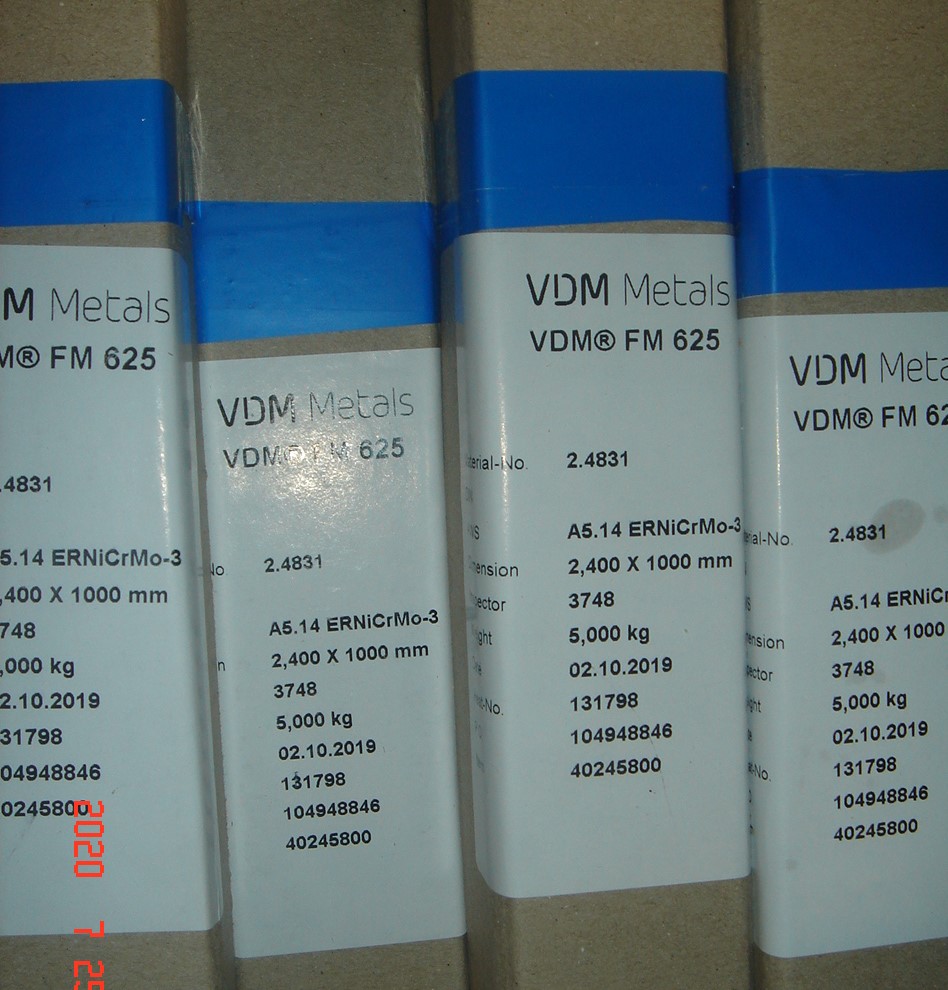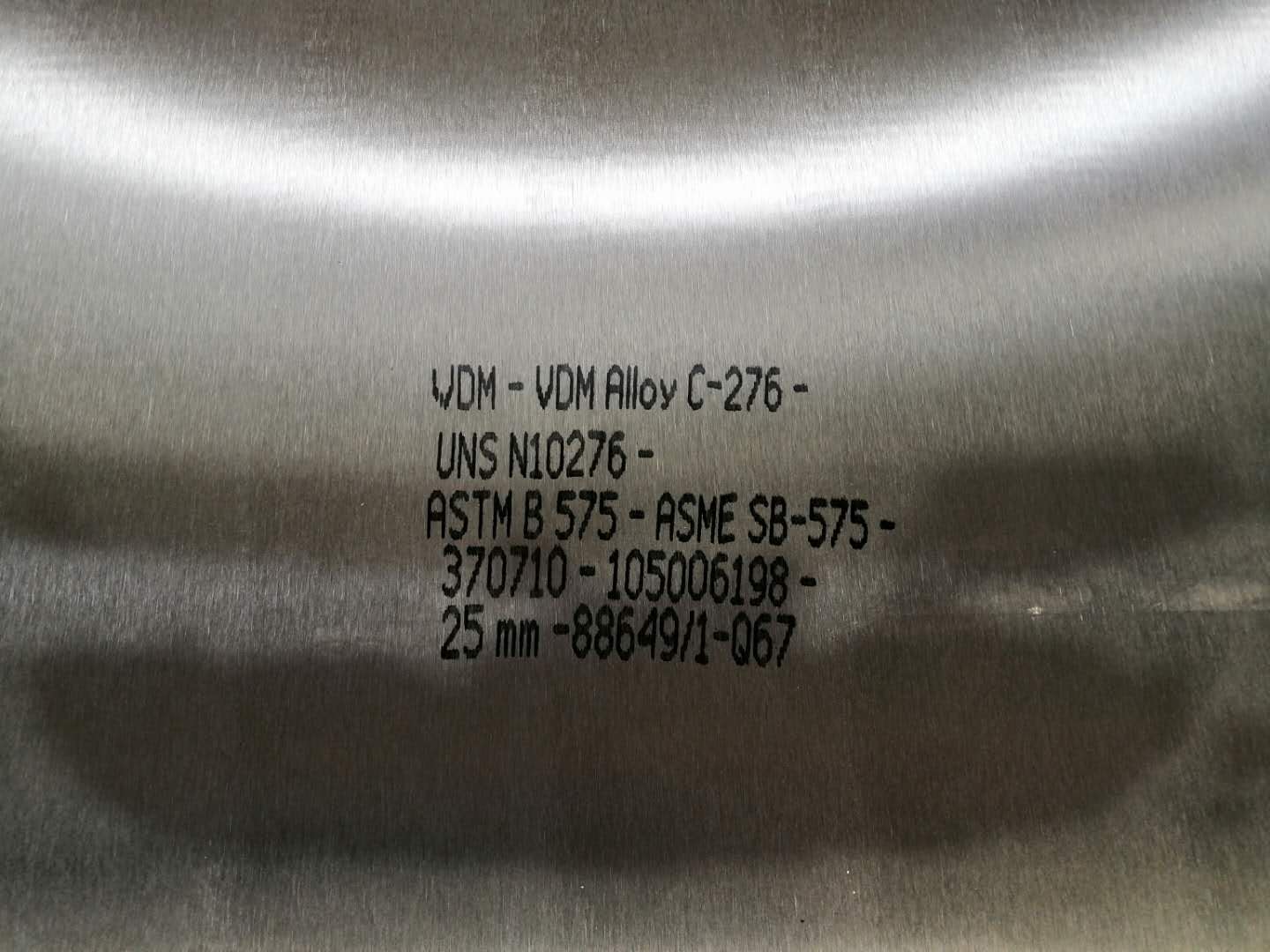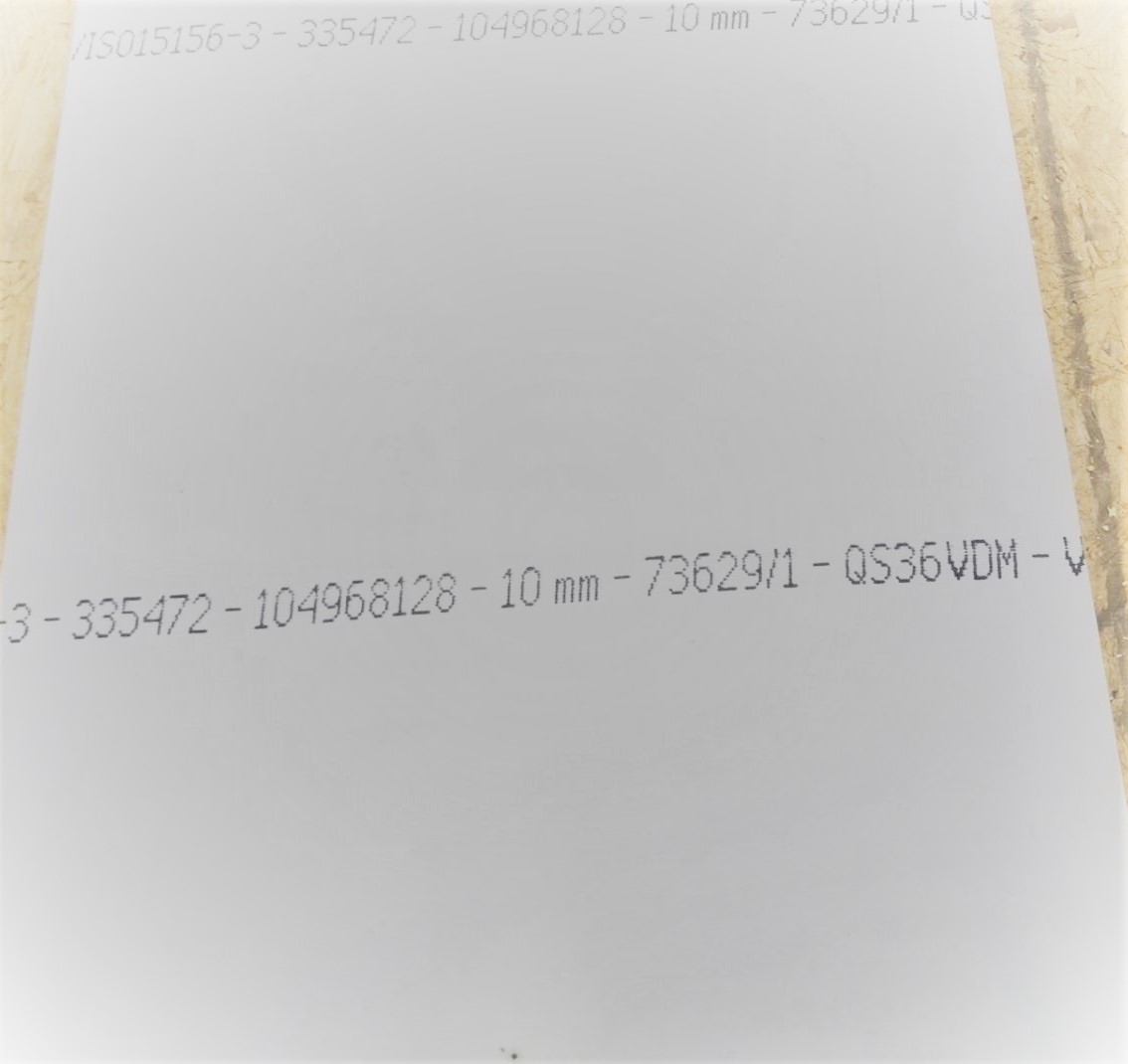Exploring the Bonded Warehouse
Author:走进特钢 Date:2025-02-21 Browse Volume:134 timesPART/01 What is a Bonded Warehouse? A bonded warehouse is a warehouse established with the approval of the customs, specifically for storing bonded goods and other goods for which the customs formalities have not been completed. Simply put, it is like a special "cargo transfer station" where goods can enjoy certain tax preferences and regulatory conveniences. This means that enterprises can temporarily store goods here and carry out the next step of operations at an appropriate time, greatly improving the flexibility of trade.

PART/02 Classification of Bonded Warehouses
- Public Bonded Warehouse: Operated by an independent corporate legal person within China whose main business is warehousing, it specifically provides bonded warehousing services to the society. Just like a large public warehouse, various enterprises can rent space to store their goods, meeting the diversified needs of different enterprises.
- Self-use Bonded Warehouse: Operated by a specific independent corporate legal person within China, it only stores bonded goods for the exclusive use of the enterprise itself. It is like the enterprise's own exclusive warehouse, which is only used to meet its own business needs and has stronger confidentiality and pertinence.
- Special-purpose Bonded Warehouse: A bonded warehouse specifically used for storing goods with specific purposes or special types, including bonded warehouses for liquid dangerous goods, bonded warehouses for prepared materials, bonded warehouses for consignment maintenance, and other special-purpose bonded warehouses. For example, a bonded warehouse for liquid dangerous goods needs to meet strict safety standards and is specially used for storing dangerous liquid chemicals such as petroleum and refined oil products.

PART/03 Advantages of Bonded Warehouses
- Deferred Payment of Customs Duties: After the goods enter the bonded warehouse, the import duties are temporarily waived. Only when the goods leave the bonded warehouse and enter the domestic market for sale is it necessary to pay the corresponding customs duties. For enterprises, this greatly relieves the financial pressure and enables enterprises to have more funds for production, operation, and turnover.
- Duty Exemption for Some Goods: For some goods used for specific purposes, such as raw materials for processing trade, etc., entering the bonded warehouse can enjoy the duty exemption policy, further reducing the costs of enterprises.
- Guaranteed Safety of Goods Storage: The customs conducts strict monitoring and management of the import and export, storage, processing, and other links of the goods in the bonded warehouse to ensure the safety of the goods. At the same time, the facilities and management of the bonded warehouse are usually relatively complete, which can provide a good storage environment.
- Convenience for Carrying out Various Trade Businesses: Whether it is general trade, processing trade, or entrepot trade, the bonded warehouse can provide convenient conditions for enterprises. Enterprises can flexibly choose the trade mode according to their own needs and expand their business scope.

As a domestic spot inventory merchant of imported nickel-based alloys, Tianjin Great Group has established bonded warehouses in the three major bonded areas of Tianjin. In terms of customs duty buffering, the customs duties for a large number of imported goods are high. The bonded warehouse acts as a "buffer zone". When the goods enter the warehouse, the import duties are temporarily exempted, and the duties are paid only when the goods are sold and enter the domestic market. This makes the capital turnover of enterprises more flexible. The funds that would originally be used to pay customs duties can be invested in raw material procurement and research and development, improving the efficiency of capital operation. In terms of inventory adjustment, the nickel-based alloy market is highly volatile and the demand is changeable. The three major bonded warehouses can be allocated according to demand. When the demand is strong, the goods can be quickly shipped out, and when the market is sluggish, the goods can be stored to avoid overstocking, which may lead to capital occupation and devaluation, helping enterprises to steadily deal with market fluctuations. In terms of processing and value addition, simple processing such as cutting and stamping of plates for nickel-based alloys and surface treatment of pipes can be carried out in the warehouse, which meets the personalized needs of customers, improves the added value and competitiveness, and continuously empowers the development of Tianjin Great Group.
The differences between genuine imported products and domestically produced narrow metal-rolled strips.
Next:Corrosion and Material Selection in Seawater Scenarios




